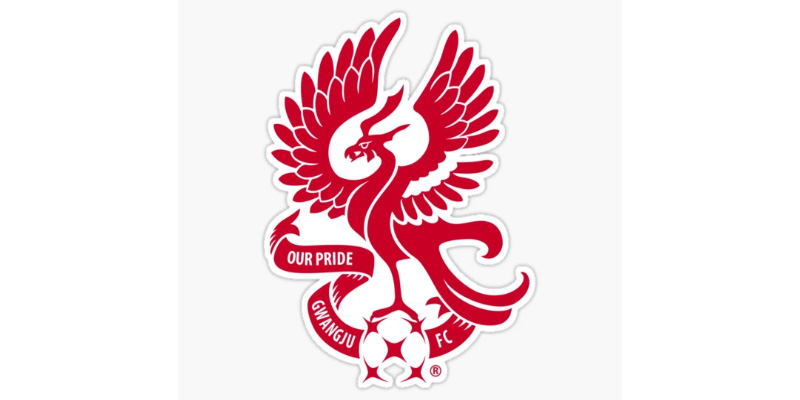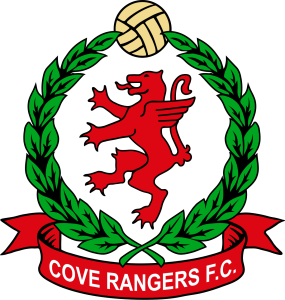
Gwangju FC: Why This Team is the Talk of K-League?
Gwangju FC has emerged as one of the most talked-about teams in the K-League, captivating fans with its vibrant style of play and commitment to community engagement. This post delves into the intricate details surrounding Gwangju FC, exploring its history, current squad, notable achievements, and its broader impact on Korean football.
Understanding Gwangju FC
Gwangju FC is a professional football club based in Gwangju, South Korea. Established in 2011, the team quickly made a name for itself in the K-League, showcasing a deep-seated passion for not just football but also for the city it represents. The club’s foundation was built on the principles of community, pride, and competitive spirit—qualities that resonate deeply with its loyal fanbase nhà cái uy tín.
The significance of Gwangju FC extends beyond mere statistics and game scores. It serves as a symbol of resilience and aspiration for many in the region. As a team, they reflect Gwangju’s rich cultural heritage and sporting traditions, bridging the gap between past and present while creating a vision for the future.
The Role of Community in Gwangju FC’s Identity
Community engagement plays an essential role in shaping the identity of Gwangju FC. From youth programs to local outreach initiatives, the club emphasizes building connections with its supporters.
By fostering local talent through grassroots efforts, Gwangju FC ensures a pipeline of skilled players who embody the club’s values. These efforts are vital for instilling a sense of belonging among fans, ultimately driving greater support during matches.
Moreover, the club regularly organizes events where fans can interact with players, forging a deeper emotional connection. This relationship helps bolster attendance and creates an electric atmosphere during games, making every match feel like a community celebration.
The Passionate Fanbase
One cannot discuss Gwangju FC without acknowledging its passionate fanbase. The supporters, known for their fervor, come together in impressive numbers, creating an intimidating yet welcoming environment for visiting teams.
The energy generated by fans during home games at the Gwangju World Cup Stadium is palpable. The rhythmic chants, vibrant displays of banners, and coordinated taunts create a unique soccer culture that enriches the experience for everyone involved.
This passionate following does not merely vanish when the season ends. Fans remain actively engaged through various platforms, including social media, ensuring constant dialogue regarding team performance and future prospects. Their unwavering loyalty provides Gwangju FC with an edge in terms of motivation and morale.
The Vision for Growth
The leadership of Gwangju FC embraces a vision for growth that extends beyond immediate success in the K-League. The management team is dedicated to establishing the club as a cornerstone of Gwangju’s cultural landscape.
With plans for infrastructure development, including state-of-the-art training facilities and fan zones, the club aims to enhance the overall experience for both players and supporters. They recognize that sustained success requires investment in resources and a commitment to nurturing talent, thus laying the groundwork for long-term achievement.
History and Development
The history of Gwangju FC is relatively short but incredibly rich in potential. Founded in 2011, the team began its journey in the K-League Challenge, which served as the second tier of South Korean football. The club’s establishment was pivotal, as it marked the return of professional football to Gwangju after the dissolution of previous clubs in the city.
Understanding the trials and tribulations faced in this formative period gives insight into how the team evolved and embraced its identity.
The Early Years
During its inaugural season, Gwangju FC struggled to find its footing in the league. However, it was during these challenging times that the foundations of the club were laid. Management focused on developing a strong youth academy, understanding that nurturing homegrown talent would be essential for future success.
The team’s initial struggles provided valuable lessons in resilience and perseverance. The players learned to adapt and grow together, fostering a sense of unity that would serve them well in subsequent seasons.
Conclusion
Gwangju FC has made remarkable strides since its inception, evolving into a formidable force in the K-League. Its commitment to community, youth development, and competitiveness has captured the hearts of fans and positioned the club as a beacon of hope in Korean football.






I don’t think the title of your article matches the content lol. Just kidding, mainly because I had some doubts after reading the article.